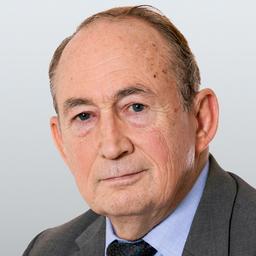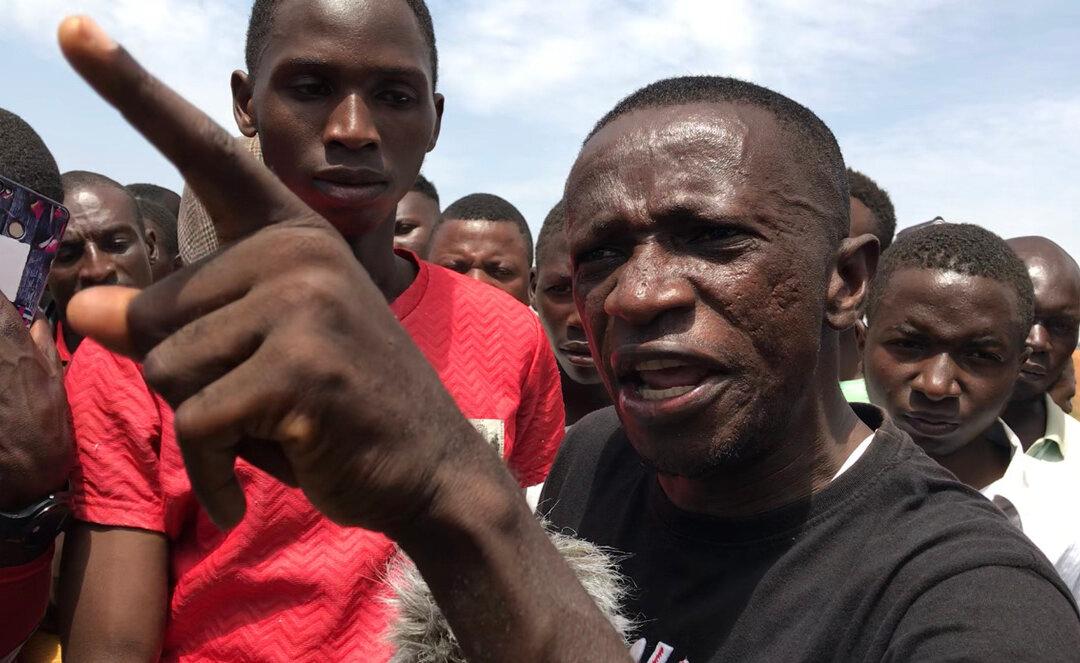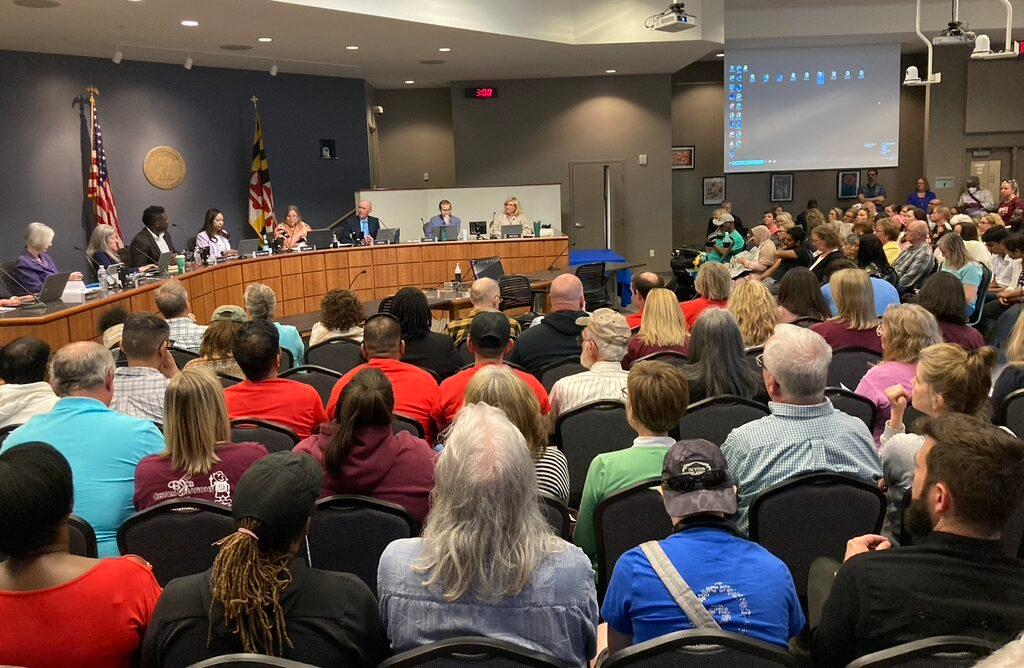In his first trip to Africa, U.S. Secretary of State Antony Blinken signed a $2.1 billion assistance agreement with Nigeria to support health care, education, agriculture, and good governance. But a small-town Baptist preacher told him in a Nov. 19 private meeting that what persecuted Nigerian Christians want most is free speech.
“Recently they have put one journalist, Luka Binniyat, behind bars for reporting a true story to an American audience,” the Rev. Joseph Hayab, chairman of the Kaduna state chapter of the Christian Association of Nigeria, told Blinken in a small group meeting.





